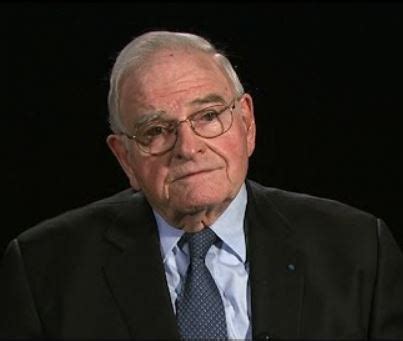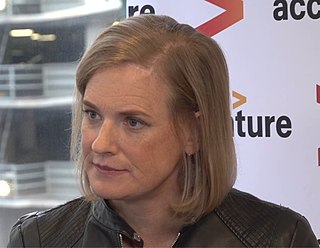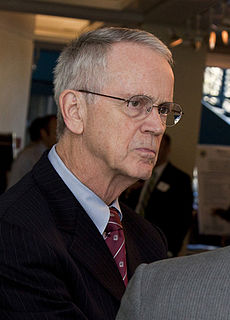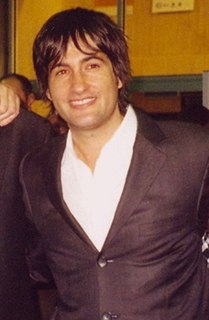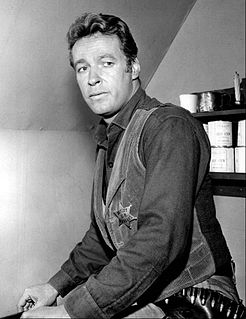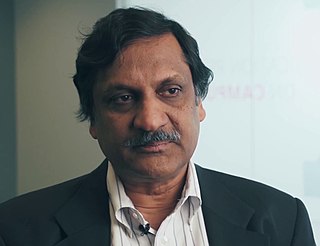A Quote by Paul E. Gray
S. J. Keyser is a shrewd and insightful observer of academe. His experiences in three universities, Brandeis, UMass, and MIT, enrich his perspectives about the way universities work, and his exploration of the culture of MIT is brilliant.
Related Quotes
Louis Brandeis actually changes his mind about women's suffrage because he works with these brilliant women in the women's suffrage movement like Josephine Goldmark, his sister-in-law, where he writes a Brandeis brief which convinced the court to uphold maximum hour laws for women by collecting all these facts and empirical evidence.
It struck me that Steve Jobs, known to be such a brilliant speaker, had a very difficult time explaining things when he was younger. He was describing technology that didn't exist. He had MIT engineers, and he was trying to tell them what he wanted; but there were no terms for what he wanted yet. I think a lot of his early frustration was trying to quickly get his vision to the finish line.
I went to school at MIT with a whole bunch of engineers. And then I started work one day and asked myself, 'Why do all of these MIT Ph.D.s work for Harvard M.B.A.s?' Why should it be like that? I was one of those engineers who thought, 'Why are these people making those dumb decisions?' So it's fun to be the person making them.
In high school, I was the best broad jumper on our team, and I kind of thought that when I got to MIT, I'd probably still be the best broad jumper, 'cause why do broad jumpers come to MIT? But it turned out to actually be the other way around. There was another person in my class who could jump about 3 feet further than I could.
